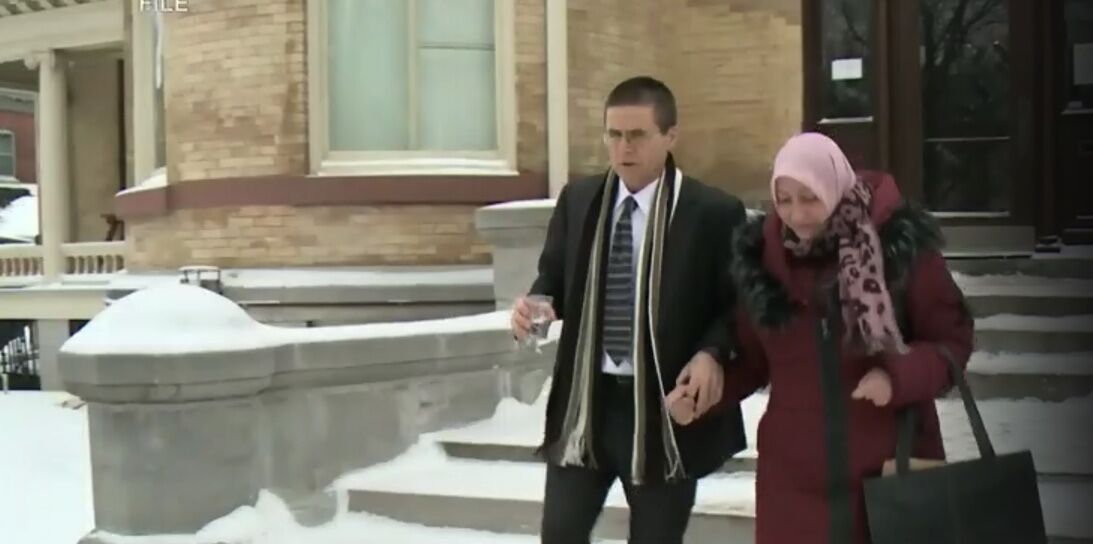Life Sentence for Canadian professor over 1980 Paris Synagogue bombing

A Paris court has just slapped a Lebanese-Canadian sociology professor with a life sentence. Hassan Diab, 69 years old and living in Canada, got the maximum penalty for his alleged involvement in a 1980 bombing that killed four people at a synagogue in the French capital.
It was quiet in the courtroom as the sentence was declared, but some victims and their families could be seen embracing once the three-week trial concluded, AFP reported.
Prosecutors determined that there was “no possible doubt” that Diab was behind the tragic attack.
In the early evening of October 3, 1980, explosives placed on a motorcycle detonated near a synagogue on the Rue Copernic in Paris’s 16th district. The blast killed a passing student on a motorbike, a driver, an Israeli journalist, and a caretaker. Another 46 people were injured.
Chillingly, this attack was the first deadly strike against Jewish targets in France since the horrors of World War II. At the time, no group stepped forward to claim responsibility. However, police suspected that the culprits might be a splinter group of the Popular Front for the Liberation of Palestine.
French intelligence agents in 1999 accused Diab of having made the 10-kilogramme (22-pound) bomb. This was based on police sketches from the time and some handwriting analysis that they believed showed he was the one who bought the motorbike used in the attack.
Another key piece of evidence was a passport, found in Rome back in 1981. The passport, in Diab’s name, had entry and exit stamps from Spain – the very country the attack plan was thought to have come from.
Eventually, in 2014, Canada extradited Diab to France at the request of French authorities. But things took an unexpected turn. French investigating judges could not prove Diab’s guilt conclusively, and Diab walked free, returning to Canada in 2018. Three years later, a French court overturned that decision, ordering Diab’s trial on charges of murder, attempted murder, and destruction of property in connection with a terrorist enterprise.
Diab’s defense lawyer, William Bourdon, had said, “I’m in front of you to avoid a miscarriage of justice.”
Diab had claimed that he was sitting exams in Lebanon at the time of the attack, backed up by statements from his students and ex-partner.
Diab’s conviction means he will now again become the subject of another arrest warrant. This could create diplomatic tensions between France and Canada.
Latest Thailand News
Follow The Thaiger on Google News:


























